Carbon Steel Screws
YH FASTENER provides carbon steel screws known for their high tensile strength and cost-effective performance. Available in various coatings for enhanced rust resistance and durability.

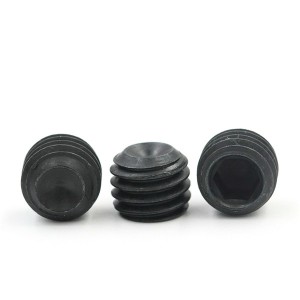
Category: carbon steel screwTag: Socket set screws supplier
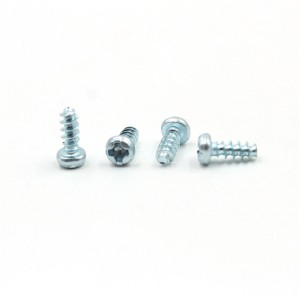
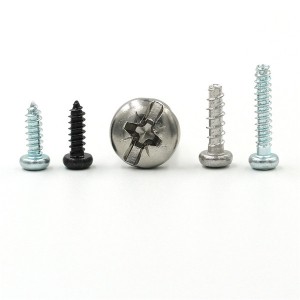
Category: carbon steel screwTag: Pan head pozi combination taping screws
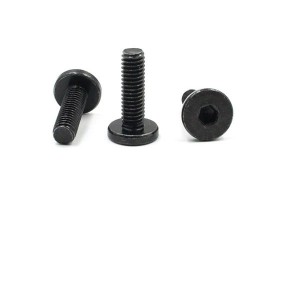
Category: carbon steel screwTag: Cheese head black screws socket
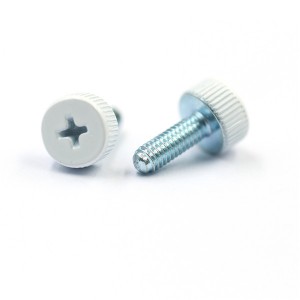
MOQ:10000pcsCategory: carbon steel screwTag: Cheese head thumb screws supplier

MOQ:10000pcsCategory: carbon steel screwTag: PH taping sharp point
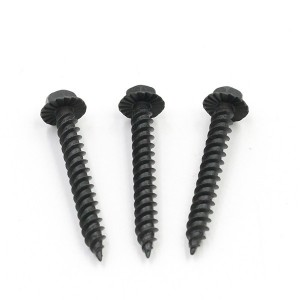
Category: carbon steel screwTag: Hex screw with washer serration screw supplier
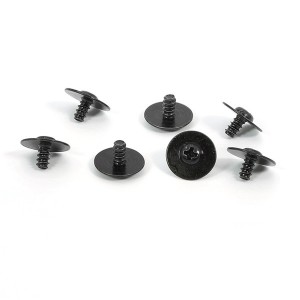
MOQ:10000pcsCategory: carbon steel screwTag: Washer pan head tapping screws
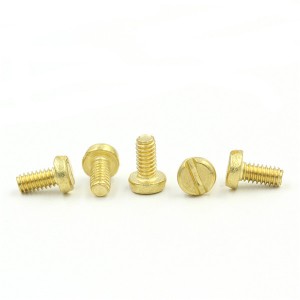
Category: carbon steel screwTag: CH machine screw slot supplier
A carbon steel screw is a widely - used mechanical fastener crafted from carbon steel—a material composed primarily of iron and carbon, with trace amounts of other elements like manganese. Unlike specialized fasteners with complex structures, carbon steel screws feature a straightforward design: a head (for tool engagement), a fully or partially threaded shaft (for secure fastening), and in some cases, a pointed tip (for easy insertion into materials). The carbon content in the steel (typically ranging from 0.05% to 1.7%) determines its strength, hardness, and ductility, making carbon steel screws adaptable to both low - load and high - torque applications. Their cost - effectiveness, excellent mechanical properties, and wide availability have made them a staple in automotive manufacturing, electronics production, and daily maintenance scenarios.
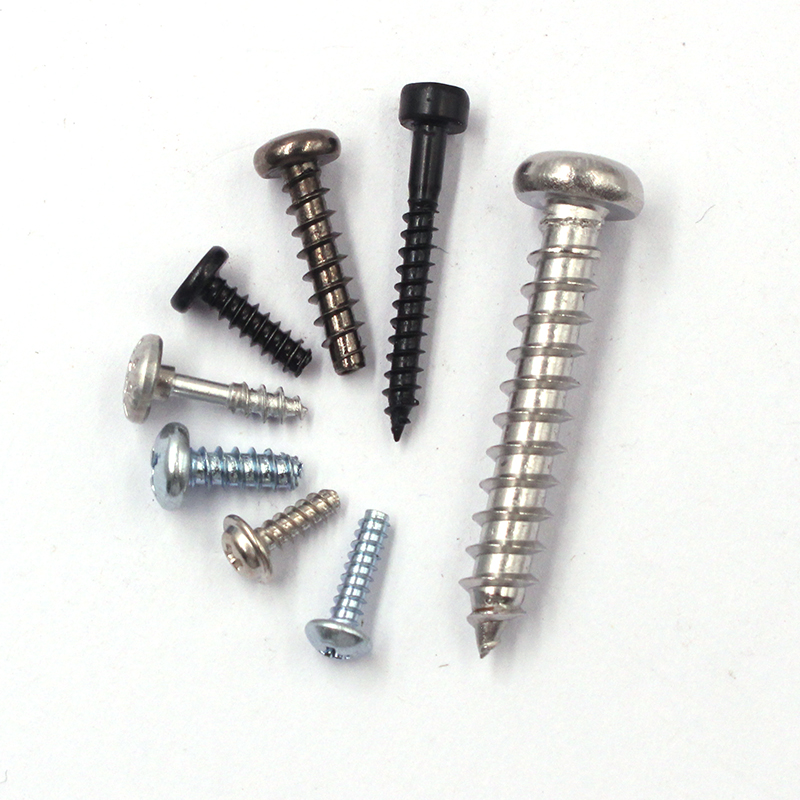
Carbon steel screws are categorized based on head design, drive type, thread pattern, and application-specific modifications. Below are the most common types, each optimized for distinct use cases:
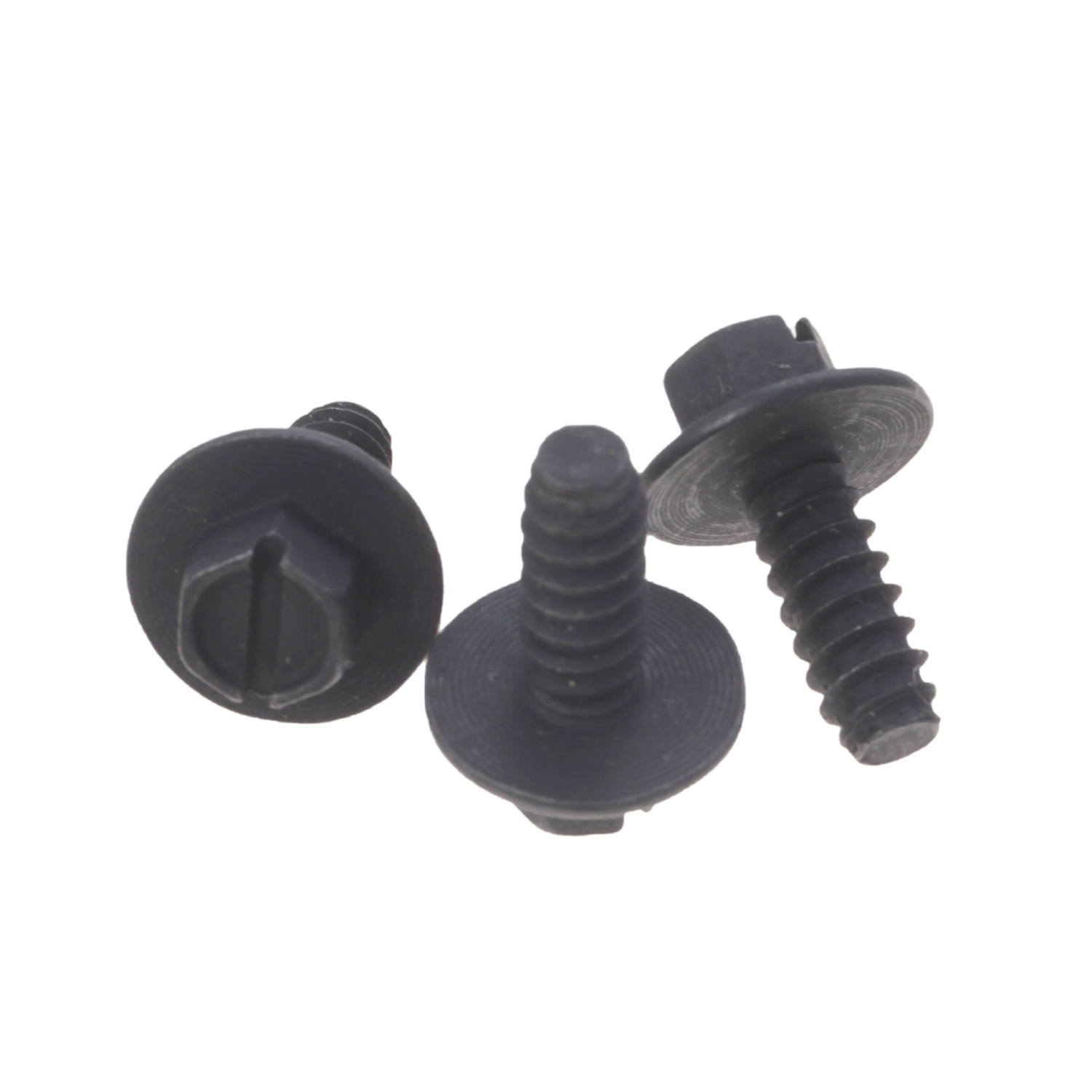
1.Hex Head Carbon Steel Screws
Features a hexagonal head that allows easy torque application with a wrench or socket. Ideal for heavy - duty applications like machinery assembly, automotive repairs, and equipment installation, where high clamping force is required.
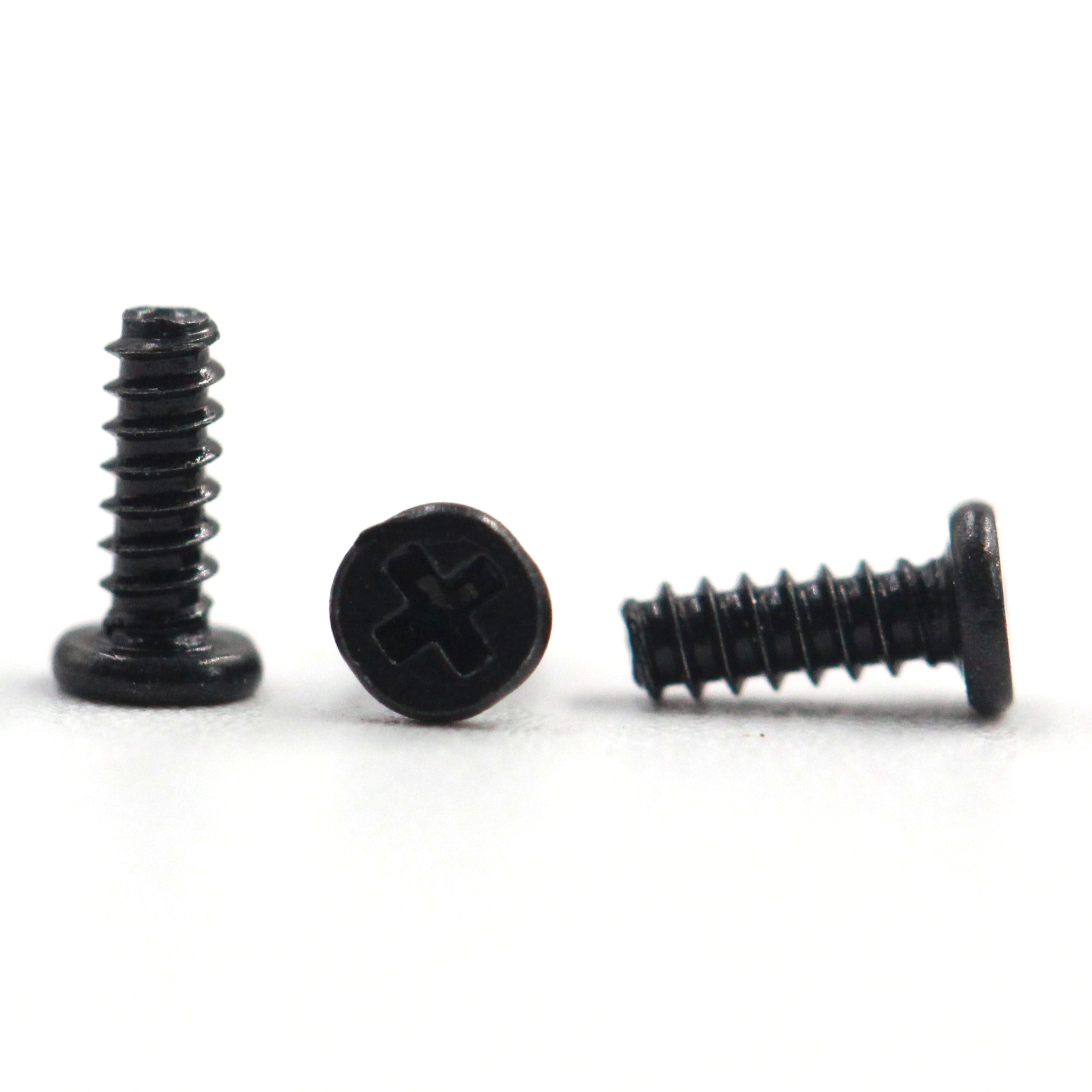
2.Flat Head Carbon Steel Screws
Has a countersunk flat head that sits flush with the material surface after installation. Suitable for cabinetry, and decorative applications, as it avoids protrusions that could catch or interfere with other components.
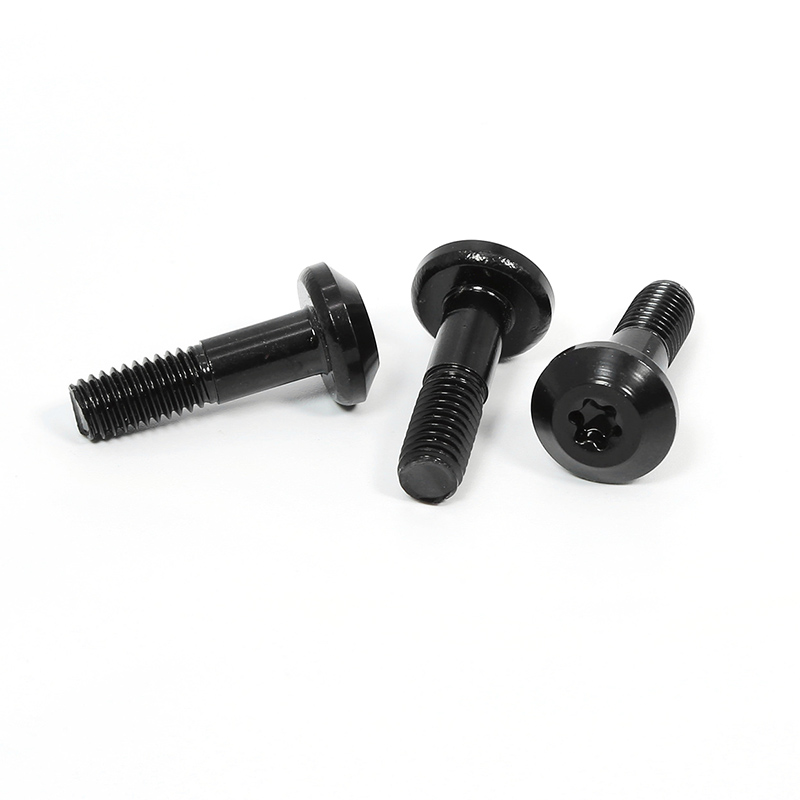
3.Pan Head Carbon Steel Screws
Boasts a low, rounded head with a flat top, balancing aesthetics and functionality. Widely used in electronics, household appliances (e.g., washing machines, refrigerators), and light machinery, where a smooth, non-intrusive head is preferred.
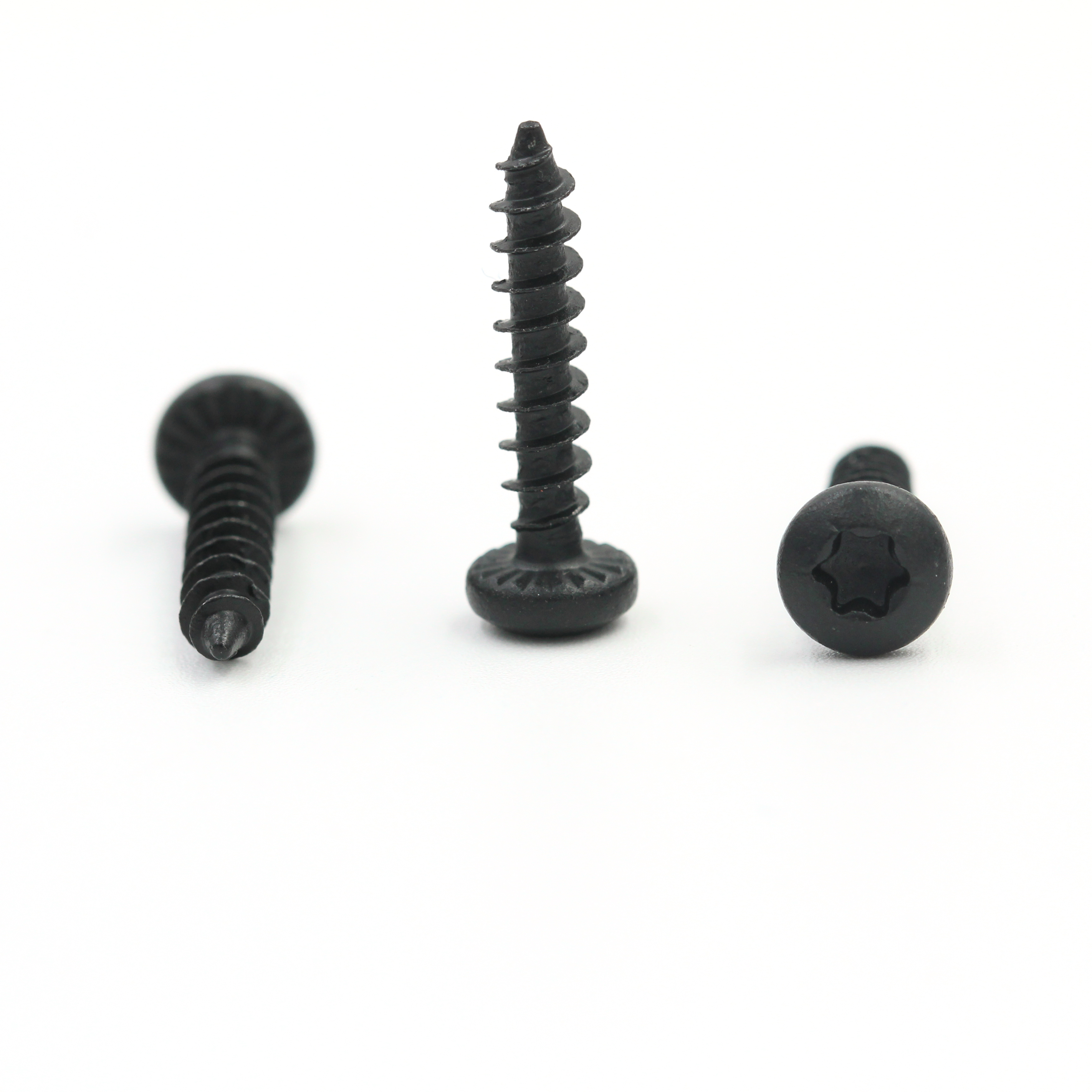
4.Self-Tapping Carbon Steel Screws
Equipped with sharp, threaded shafts, self-tapping screws create threads in pre-drilled holes or soft materials like wood and plastic. They're used in furniture assembly, electronics manufacturing, and automotive trim installation, eliminating the need for separate tapping tools.
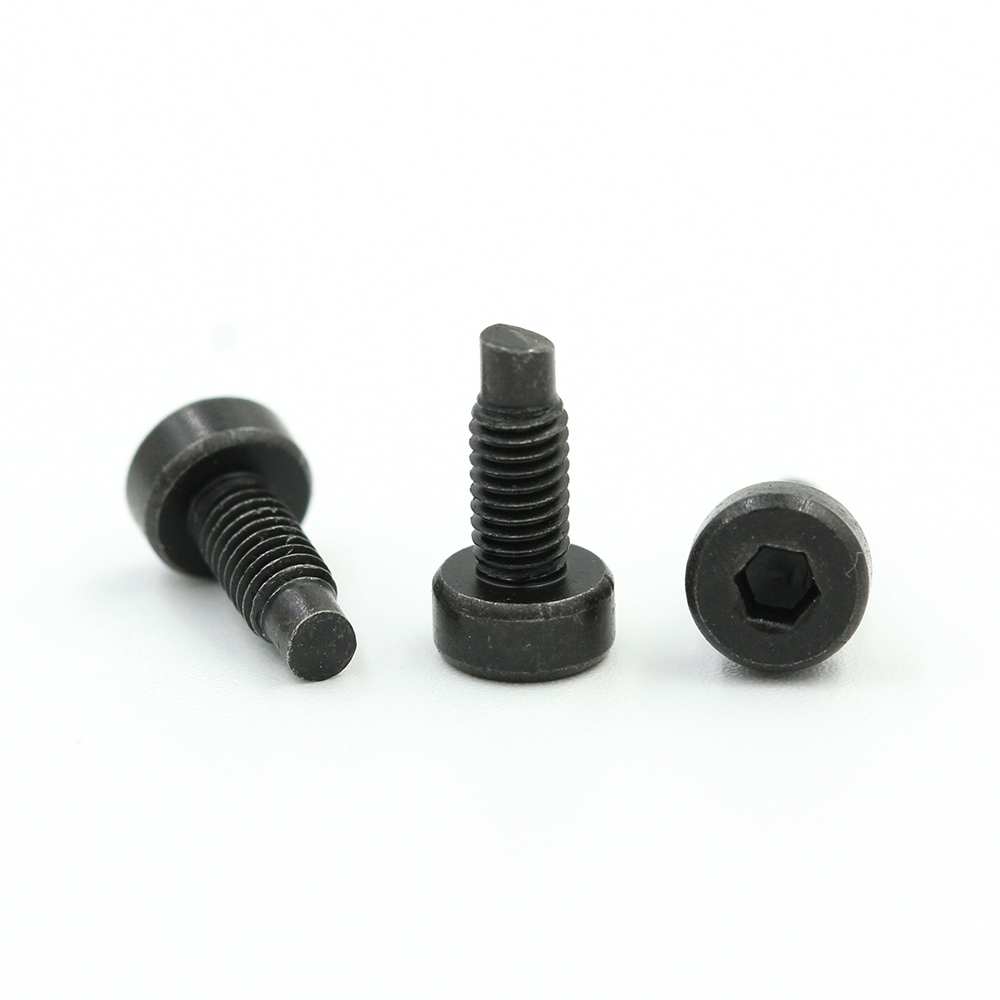
5.Socket Head Cap Carbon Steel Screws:
Designed with a cylindrical head and an internal hex socket (Allen drive). Offers high torque capacity and a low-profile look, making it suitable for precision equipment, automotive engines, and machinery where space is limited.
These types can be further customized by carbon content (e.g., low-carbon for ductility, high-carbon for strength), surface treatment (e.g., zinc plating for corrosion resistance, black oxide for aesthetics), thread type (metric or imperial), and shaft length to meet specific application demands.
Carbon steel screws are valued for their versatility and durability, making them indispensable across numerous industries. Key applications include:
1.Electronics and Household Appliances
Applications: TV mounts, washing machine components, and electrical junction boxes.
Function: Provide precise, low-profile fastening. Pan head carbon steel screws secure internal parts of appliances, while small socket head variants are used in electronics to avoid interfering with delicate circuits.
2.Automotive Industry
Applications: Engine components, chassis assembly, and interior fittings.
Function: Withstand vibration and moderate temperatures. High-carbon steel socket head screws, for instance, secure engine parts, while pan head carbon steel screws fasten dashboard panels.
3.Manufacturing and Machinery
Applications: Equipment assembly, conveyor systems, and tooling.
Function: Ensure stable connections for moving parts. Set screw carbon steel screws lock pulleys to shafts, preventing slippage during operation, while hex head variants secure heavy machinery frames.
4.Security Systems
Applications: Mounting surveillance cameras, securing access control panels, and installing alarm system housings.
Function: Provide robust and tamper-resistant fastening. Self-tapping screws enable quick installation on metal or plastic enclosures, while low-profile flat head screws maintain a discreet and secure fit.
4. Furniture Assembly: Joining parts of furniture, especially in designs where a clean, unobtrusive look is desired.
At Yuhuang, ordering custom carbon steel screws is a streamlined process designed to meet your unique requirements:
1.Specification Definition: Clearly outline your needs, including carbon content (e.g., 1018 low-carbon steel for ductility, 1045 high-carbon steel for strength), head design (hex, flat, pan, etc.), drive type (socket, slotted, Phillips), thread specifications (diameter, length, metric/imperial), shaft length, and surface treatment (zinc plating, black oxide, etc.). Also, note any special requirements like corrosion resistance or high-temperature tolerance.
2.Consultation Initiation: Contact our technical team to discuss your specifications or schedule a consultation. Our experts will evaluate your application, recommend optimal material grades and designs (e.g., suggesting zinc plating for outdoor use), and help refine your requirements to ensure performance and cost-effectiveness.
3.Order Confirmation: Finalize order details such as quantity, delivery timeline, and pricing. We will provide a detailed quote and sample (if requested) for your approval. Once confirmed, we initiate production with strict adherence to your specifications, using advanced manufacturing processes to ensure consistency.
4.Timely Fulfillment: We prioritize your order to meet project deadlines. Our efficient production lines and logistics network ensure on-time delivery, with full transparency throughout the process—you’ll receive updates on production progress and shipping status.
What is a carbon steel screw?
A carbon steel screw is a mechanical fastener made from carbon steel, featuring a head, threaded shaft, and (often) a pointed tip. It is valued for its strength, cost-effectiveness, and versatility, used for fastening components across industries.
What are the key advantages of carbon steel screws?
Carbon steel screws offer excellent mechanical strength (adjustable via carbon content), affordability compared to stainless steel or alloy alternatives, and wide compatibility with tools and materials. They are also easy to customize for specific applications.
What carbon steel grades are commonly used for screws?
Common grades include low-carbon steel (e.g., 1018, 1022) for ductility and easy machining (ideal for general-purpose use), medium-carbon steel (e.g., 1045) for higher strength (used in machinery), and high-carbon steel (e.g., 1095) for maximum hardness (suitable for heavy-duty applications like automotive parts).
How to prevent corrosion of carbon steel screws?
Carbon steel is prone to rust, so surface treatments are recommended: zinc plating (offers basic corrosion resistance for indoor use), hot-dip galvanizing (for outdoor/harsh environments), or black oxide (for mild protection and aesthetics).
Can carbon steel screws be used in high-temperature applications?
Yes, but it depends on the carbon content. Medium- to high-carbon steel screws can withstand temperatures up to 400–500°C (750–930°F), making them suitable for automotive engines or industrial ovens. For higher temperatures, consider alloy steel alternatives.





